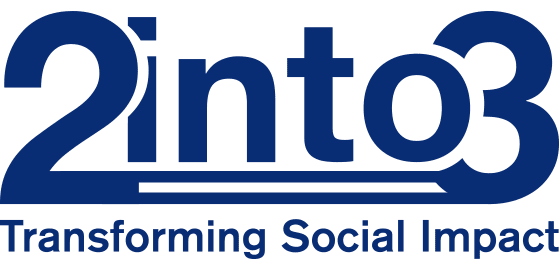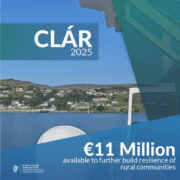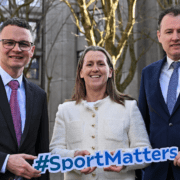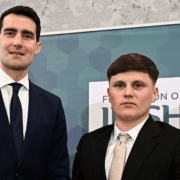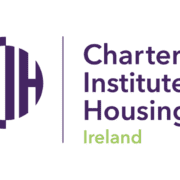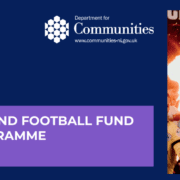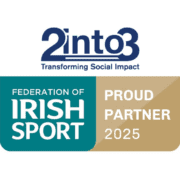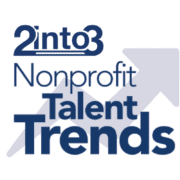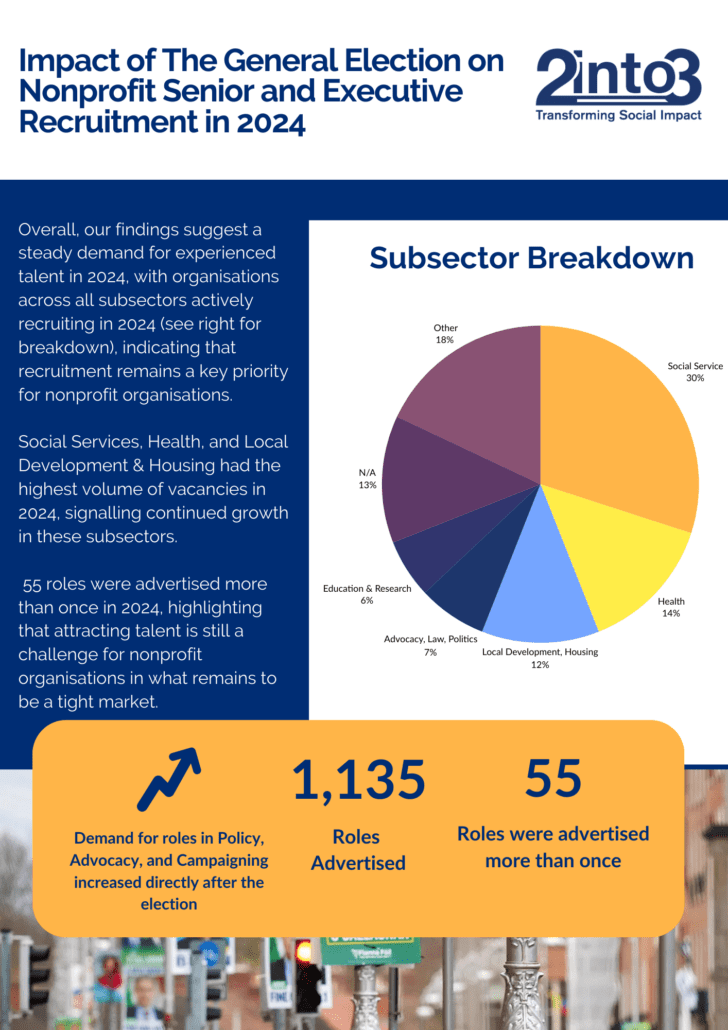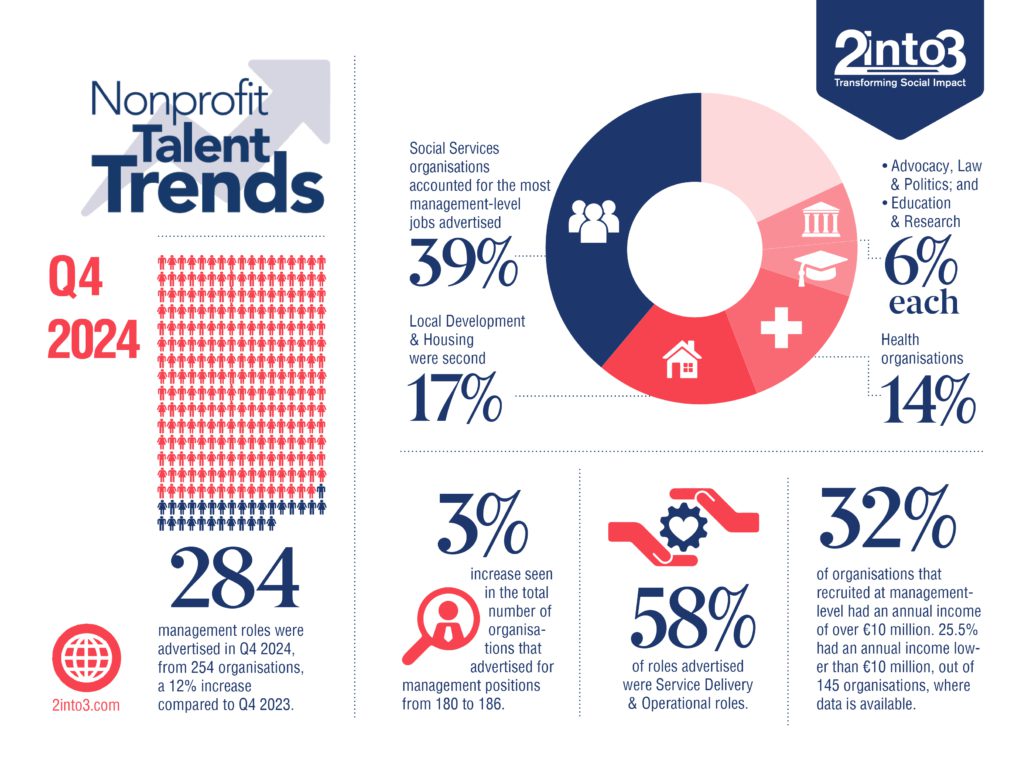CLÁR 2025 Programme Launched
The long awaited CLÁR 2025 programme has now been announced by Minister Calleary which was launched on Friday 4th April 2025. The programme will be delivered in the three separate measures:
- Measure 1: Developing Community Facilities and Amenities
- Measure 2: Mobility, Cancer Care, Community First Responder and Meals on Wheels Transport
- Measure 3: ‘Our Living Islands’
CLÁR (Ceantair Laga Árd-Riachtanais) is a targeted investment programme for rural areas that aims to provide funding for small infrastructural projects in rural areas that have experienced significant levels of de-population. This funding assists in building the resilience of these rural communities.
The targeted rural areas deemed eligible has already been determined by the department in a downloadable map as seen below for a national perspective. The CLÁR funding area covers part of numerous counties: Carlow, Cavan, Clare, Cork, Donegal, Galway, Kerry, Kilkenny, Laois, Leitrim, Limerick, Longford, Louth, Mayo, Meath, Monaghan, Offaly, Roscommon, Sligo, Tipperary NR, Tipperary SR, Waterford, Westmeath and Wicklow.

A more specific CLÁR funding area on a county basis can be viewed at: https://www.gov.ie/en/collection/ab7580-clar-funding-area-maps/
The level of funding for this years CLÁR programme has increased to €65,000, and an additional option has also been added for local authorities to apply for funding of up to €100,000 for 2 larger scale projects. The overall budget for the CLÁR 2025 programme has also increased to €11 million.
The funding application deadline varies depending on which measure is being applied for.
Measure 1: Developing Community Facilities and Amenities
Measure 1 is administered by local authorities and therefore application and expression of interest forms are readily available directly from local authorities. The Local Authority or County Council to whom you submit the application to, then will select the applications to send to the department. The Local Authority or County Council will also rank the applications in order of priority.
Deadline for submission of applications to the Department is 13th June 2025. Please be mindful that local authorities may set a deadline before this to give much needed time to assess expressions of interest and applications prior to department deadline.
Each local authority can submit the following:
- 13 applications seeking funding of between €5,000 and €65,000
- 2 applications seeking funding of between €5,000 and €100,000
- 1 additional application seeking funding of between €5,000 and €65,000 in respect of a Gaeltacht area located in their county.
The CLÁR 2025 programme, Measure 1 will provide up to 90% of the project with the remaining 10% of project to be fulfilled as matched funding. Evidence of matched funding must be in place at the time of application.
Schools, community and voluntary groups and local development companies can apply to their relevant local authority. Local authorities are also eligible to apply in their own right.
Measure 1 is primarily but not limited to the development of community facilities and amenities including sports facilities, youth clubs, teenage spaces, playgrounds, sensory gardens, walking tracks and much more.
Measure 2: Mobility, Cancer Care, Community First Responder and Meals on Wheels Transport
This measure will be operated directly by the Department of Rural and Community Development and is open to established organisations/groups that operate on a voluntary basis and provide:
- transport to/from day care/other medical/therapy/respite services for those with significant mobility issues including requiring specialised wheelchair accessible vehicles; or
- transport to/from designated cancer treatment hospitals/centres under the National Cancer Care Programme; or
- Community First Response Support/Search and Rescue organisations.
- Meals on Wheels services
Applications should be submitted directly to the Department at CLAR@DRCD.gov.ie by 23rd May 2025.

The maximum grant awarded for vehicles ranges between €50,000 and €100,000. In respect to the wider government approach to the Sustainable Development Goals a higher level of funding is provided for the purchase of hybrid or electric vehicles. A match funding contribution of 10% for hybrid/electric vehicles and 20% for petrol/diesel vehicle is required. Evidence of matched funding contribution is required at application.
Eligibility is via the need for all community or voluntary groups to formally registered, e.g. registered charity or not for profit etc.
Measure 2 is primarily funded to support for community transport such as cancer care support, community first responders, meals on wheels vehicles, or for persons with reduced mobility.
Measure 3: ‘Our Living Islands’
Measure 3 is in response to the needs of those inhabiting on Irelands offshore island communities. Like many areas identified in the CLÁR eligibility maps, the offshore island communities have also experienced declining population, social isolation, service accessibility and social disadvantage.
In recognition to the diverse needs, the grant funding for Measure 3 of the CLÁR 2025 programme falls under 2 distinct streams:
- Island Community Transport
- Community Amenities
Island Community Transport
This stream is directly for the receipt of transportation vehicles and unless otherwise agreed with the department, vehicles must be electric in line with Climate Action Plan commitments.
This measure will also see funding support of up to 90% of the total cost of an electric community bus/vehicle (including fit-out) with an electric charging point (powered by solar PV panels). Maximum grant available of €100,000 for a vehicle, increasing to €120,000 where solar panel and charging point are included. Maximum one application per Island. Matched funding is set at a minimum of 10% of total project and evidence of matched funding must be present at the time of application.
Island Community Amenities
This stream will provide up to 90% of total costs up to a maximum grant of €65,000. Matched funding is set at a minimum of 10% of total project and evidence of matched funding must be present at the time of application.
Island Community Amenities stream of measure 3 is primarily but not limited to the development of community facilities and amenities including sports facilities, youth clubs, teenage spaces, playgrounds, sensory gardens, walking tracks and much more.
The 2025 programme will allow for applications to be submitted to the Department from established representative organisations/groups that operate on the Islands or from the relevant local authority. Sports organisations can apply where the infrastructure being supported through the application is for the benefit of the community generally (not just the sporting organisation) and is made freely available to all members of the community.
Applications should be submitted directly to the Department at CLAR@DRCD.gov.ie by 13th June 2025.
Measure 3 is primarily tailored funding for offshore island communities under the specific ‘Our Living Islands’ measure.
Get in Touch
For more information on CLÁR 2025 programme, contact Patricia Keenan, Director of Funding Services at patricia.keenan@2into3.com or on 086 065 7347. For further details on our funding services, visit our webpage.
